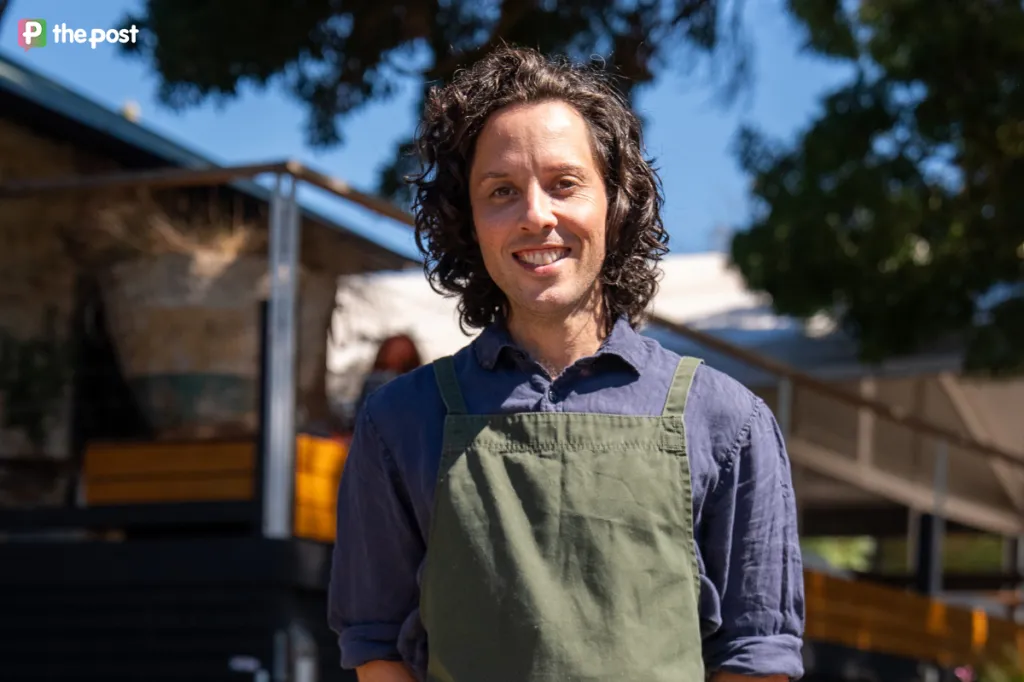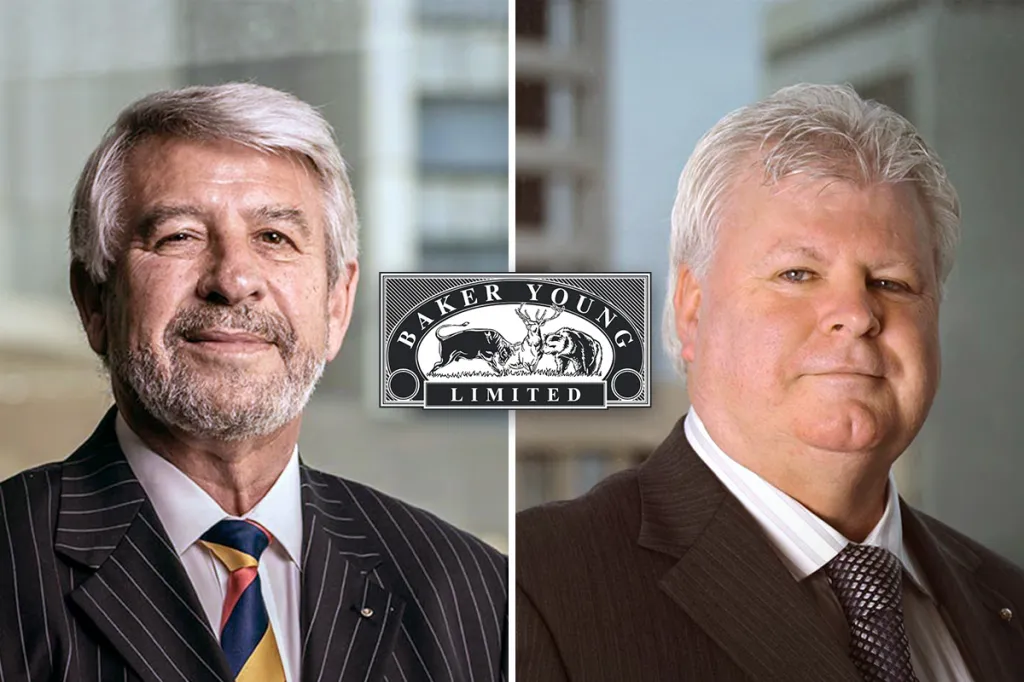How small business people can get money into superannuation accounts
Here are smart ways for small business owners to pay money into superannuation or get access to a lump sum as retirement approaches to grow a significant super balance.

When you’re working for a boss, building your superannuation balance is something often you don’t have to think about with the super guarantee being paid just like your wages.
But for those in small business who often invest all their cash to maintain and grow their operations, super can often seem like a bridge too far to deal with.
But a series of concessional tax arrangements for small businesses can be used to build up super balances for their owners.
What is a small business?
Before you look at what arrangements might be available for you to get money into super, you need to understand whether you qualify as a small business in the eyes of the Australian Taxation Office.
If you have less than $2 million in turnover or less than $6 million in net business assets you will be considered a small business.
But remember the $6million figure applies across your whole business operation, not just a part of it you may wish to sell.
Small business capital gains concessions
Small business tax concessions are designed to help small business people get money out of their businesses as they approach retirement and contribute to super to help fund their later years.
You might like
Remember before we dive too deeply into small business concessions there is the general 50 per cent capital gains tax (CGT) concession applying to all capital gains for assets owned for over a year.
This benefit means that any capital profit on a small business sale will face tax on only half that profit. There is one exception, a company.
The 50 per cent concession doesn’t apply to companies but they are likely to benefit from the measures listed below.
Let’s look at number one, the small business 15 year exception. This is the holy grail of concessions for business sales.
For this to work, you need to comply with a few provisos. You need to have continuously owned the business as an actively run concern for 15 years.
You need to be aged 55 or older and you need to be retiring which means either stopping work or significantly reducing work activity. You also need to be a significant individual in the business owning around 40 per cent of it.
If you can fit those criteria then there is no CGT on the sale of the business and you have hit the jackpot.
[ind_jwplayer playerid=”IAUHEaBa” mediaid=”h0ij5u1M” title=”Sponsored content from The Post.” caption=”Sponsored content from The Post.” sponsoroption=”none” /]
Garth Drinkwater, managing director of Small Business CGT Concessions Specialists, says the 15 year exception is a very powerful measure that can sit outside existing concessional and non-concessional superannuation caps.
“It can allow additional superannuation contributions of up to $1,780,000 per individual for the 2025 income year,” he said.
You can also choose whether any resulting super contribution becomes non-concessional or part of the $500,000 lifetime CGT concession cap.
The 50 per cent active asset reduction
This is a handy little measure that can be applied where the owner selling the business has not reached 55 or not owned the business for 15 years.
Stay informed, daily
It allows you to discount 50 per cent of any remaining capital gain, reducing your tax bill significantly. For example, if you were to have claimed the 50 per cent general CGT reduction then using this measure you would only be paying tax on 25 per cent of the gain.
Even if your business was a company you now enjoy effectively the same arrangements as those getting the general CGT.
The small business retirement exemption
If you are under 55 and want to use this measure it demands you put up to $500,000 into your superannuation fund which is taken off your CGT bill.
That can give a big hit to your super account and could conceivably be used more than once till you hit the $500,000 limit. Remember once you hit 60 you have the right to tax free withdrawals from super so it’s useful in the run-up to retirement.
If you are over 55 you can still use this but you don’t have to put the money into super to get the CGT write-off. You can if you want to but if not you get the benefit anyway.
There is another advantage here. While everyone who has not reached a super contributions cap of $1.9 million has the right to put in up to $120,000 annually in non-concessional super contributions, this measure is not counted towards that.
So you could put $500,000 into super after selling a business and get the CGT exemption along with up to $120,000 in non-concessional contributions to really make your super smoke.
The small business roll-over
This measure allows you to sell a business, take advantage of the other CGT reduction measures and if there is still a CGT bill owing you could invest that money into another business or improve your existing operations.
The money you invest in the new or upgraded business will be taken off your CGT bill. One attractive aspect of it is that you have up to two years to make a new investment without receiving a CGT bill from the ATO.
And if after two years you decide you don’t want to invest the cash you can pay the CGT with no penalty.
Limited recourse borrowing requirements
These are another favourite of small business people. They involve setting up a self-managed super fund and using it to borrow money to buy a business premises to operate from.
The advantage is that you pay off your building and build a super balance to retire on rather than pay hard-earned cash to a landlord.
What’s the end result?
All these measures give business people either direct ways to pay money into super or access to a lump sum as retirement approaches to grow a significant super balance.
“It’s important to get specialist advice before selling or restructuring a business (or business assets). This is because proper planning can mean the difference between accessing the concessions and saving tax and missing out on the concessions and paying more tax than you need to,” said Drinkwater.
This story first appeared on our sister publication The New Daily, which is owned by Industry Super Holdings.








